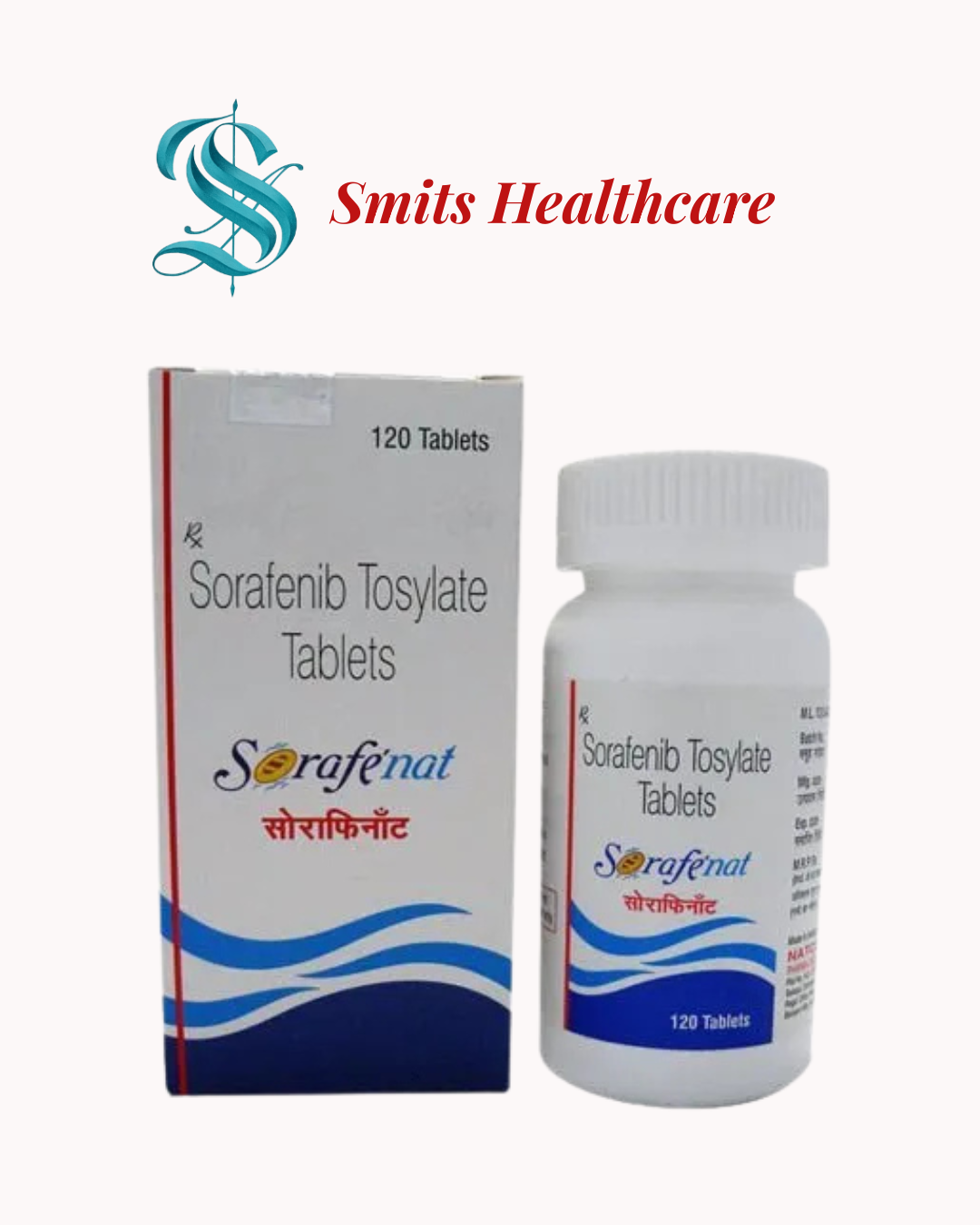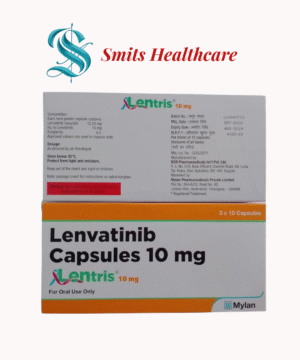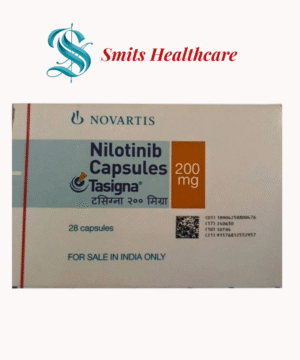Sorafenib is an oral multikinase inhibitor used in the treatment of various cancers. It functions by targeting multiple kinases involved in tumor cell proliferation and angiogenesis. Sorafenib is marketed under the brand name Nexavar and is available in tablet form. It is primarily used for cancers that are advanced or metastatic and cannot be treated with surgery.
Mechanism of Action
Sorafenib exerts its effects through the inhibition of several key kinases:
-
RAF Kinases: Inhibits RAF kinases, including BRAF and c-RAF, disrupting the MAPK/ERK signaling pathway, which is crucial for tumor cell proliferation.
-
VEGFRs (Vascular Endothelial Growth Factor Receptors): Blocks VEGFR-1, VEGFR-2, and VEGFR-3, leading to reduced angiogenesis (formation of new blood vessels) that tumors need for growth.
-
PDGFR-β (Platelet-Derived Growth Factor Receptor-β): Inhibits PDGFR-β, affecting tumor cell survival and proliferation.
-
FLT3 (Fms-like Tyrosine Kinase 3) and KIT: Targets these receptors involved in hematopoiesis and mast cell development, respectively.
Uses
Sorafenib is indicated for the treatment of:
-
Advanced Renal Cell Carcinoma (RCC): Used in patients with advanced or metastatic kidney cancer.
-
Unresectable Hepatocellular Carcinoma (HCC): For liver cancer that cannot be surgically removed.
-
Differentiated Thyroid Carcinoma: Specifically for thyroid cancer that is refractory to radioactive iodine therapy.
Adverse Effects
Common side effects of sorafenib include:
-
Dermatologic: Rash, hand-foot skin reaction (palmar-plantar erythrodysesthesia), pruritus (itching), and erythema.
-
Gastrointestinal: Diarrhea, nausea, vomiting, and abdominal pain.
-
Hematologic: Lymphopenia (low lymphocyte count), anemia, and thrombocytopenia (low platelet count).
-
General: Fatigue, anorexia (loss of appetite), and weight loss.
-
-





